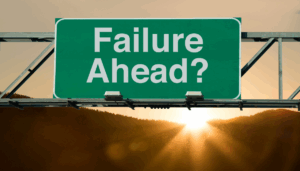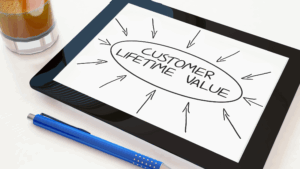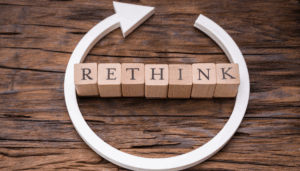“My pleasure.” These simple words are but a part of the larger customer experience strategy at Chick-fil-A. If you have eaten at Chick-fil-A, you know! But Chick-fil-A’s customer experience goes beyond these simple words. It includes consistent food quality, reduced wait times in the drive-thru, order accuracy, clean restaurants, etc. These things, and many others, comprise a larger customer experience strategy that provides exceptional customer value.
Certainly, Chick-fil-A is not the only company delivering an exceptional customer experience – we could cite many other examples. Unfortunately, however, there are many companies whose customer experience leaves much to be desired. You have likely experienced both good and bad customer experiences.
In this article, we will define customer experience and its importance to your business and discuss three foundational pillars when establishing a customer experience strategy in a janitorial business.
What is Customer Experience?
Deloitte defines customer experience as – “the sum of all of the interactions a consumer has with a brand, as well as their opinion of the brand.” In other words, for janitorial businesses, the customer experience typically spans from the first prospecting telephone call/email, through the job start-up and daily cleaning, and finally to contract renewal. Throughout this customer experience journey, customers are making rational and emotional opinions about your company.
Don’t Forget the Customer
Before establishing a customer experience strategy, it is important to understand what customers value from janitorial vendors. The best way to know what customers REALLY value is to listen to what they say. Customers tend to say things like – “I have a bunch on my plate; I don’t have time to deal with janitorial issues.” Or, they might say – “I just want to go home at night and not have to worry if the cleaning company is going to do their job.” These statements and others tell us what janitorial service customers value (“value elements”) most:
- Decreased hassles (complaints)
- Peace of mind (reduced anxiety)
- Reputational enhancement (supervisor/teammates trust their decisions)
When building your customer experience strategy, it is important to focus your tactics and plans on meeting these customer value elements.
Pillar 1 – Fulfillment
When a customer selects your company as its janitorial vendor, an implied promise is made. The customer promises to pay you for what you promised to deliver in your sales proposal/presentation. In other words, the first customer experience pillar answers the question – “how are we fulfill the promises we made when we sold the account?”. A good Fulfillment plan includes things like:
- Standard scopes of work
- Frequencies of sites visits, inspections, and customer meetings by field leaders
- Standard training plan for cleaners and other team members
- Standard equipment and supplies used at customer locations
Your fulfillment plan aims consistently deliver service that meets their most profound needs/values.
Pillar 2 – Responsiveness
It is inevitable in our business that a trash can will be missed, or an area didn’t get swept or mopped. Additionally, our customers have specific requests like – “can you do a deep clean? We have visitors from the corporate office.”
A good Responsiveness plan considers the processes for how your company will:
- Acknowledge – Promptly letting the customer know that their issue/request has been received and is receiving consideration
- Resolve – Taking care of the reported issues or scheduling resources to complete special requests
- Follow-up – Creating a communication loop to ensure the customer is pleased with the resolution and a plan to act if not.
Your responsiveness plan seeks to show your customers that your company is committed to promptly solving issues and meeting their special requests. Much is gained from having a sound responsiveness plan.
Pillar 3 – Proactivity
Customers like janitorial vendors that anticipate their needs – they want a vendor that knows what they need before they know they need it.
Therefore, a good Proactivity plan might include the following:
- Special Projects Annual Plan – Provides cost estimates and frequencies for things like hard floor restoration, carpet cleaning, window cleaning, and other items.
- Disinfecting Plan – Proactive disinfecting around flu season
- Contract Renewal/Repricing Process – Seeking to discuss pricing before the customer’s annual budget process
Your proactivity plan should seek to help make your customer’s jobs much more manageable.
Why Does it Matter?
Creating an excellent customer experience can significantly impact your business in two areas: improved business performance and increased team member satisfaction. According to data from McKinsey, companies that transformed their customer experience processes saw a 10 to 15% revenue growth, higher client satisfaction scores, improved employee satisfaction, and a 10 to 20% reduction in operational costs. In other words, when customers have a great experience with your company, all parts of your company are positively impacted.






